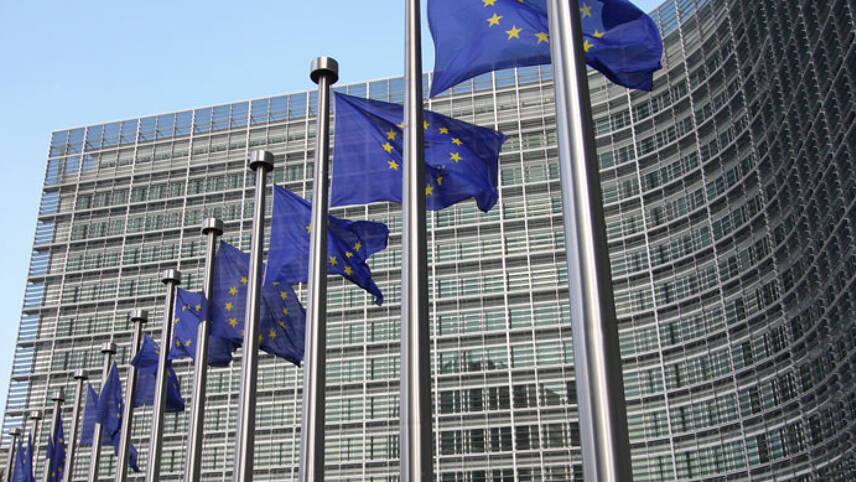Member only content free until 26/05/2024
To continue reading this article and enjoying free access to all Utility Week’s content up to the 26/05/2024 Register today!
Ready to become a member?

Renewables target: stain on the purity of a carbon market or essential to investment in our green future? That has been the big ideological faultline in the run-up to the unveiling of Europe’s 2030 climate and energy framework.
Yes, there are some who don’t want to cut carbon emissions at all, but they can on the whole be shouted down. Likewise, the environmental NGOs who want stronger ambition on climate change. The figure of a 40 per cent cut on 1990 levels has been cited fairly consistently throughout the debate.
There have also been a few grumbles about the low profile of energy efficiency, but that is more a question of timing than priorities. Energy efficiency gets its own revamped directive later in the year.
Proponents of the renewables target say it will cut the cost of developing a renewables industry, by making it a safer bet for investors. Detractors say renewable energy is not necessarily the cheapest route to cutting emissions (energy efficiency and switching from coal to gas generally costing less) and a technology neutral carbon market is more efficient. The UK government is in the latter camp.
The European Commission has come up with a curious compromise. It proposes a binding target to get “at least” 27 per cent of energy from renewables in 2030, across the EU. However, it will not dictate the contribution each member state must make to that target. Commission President José Manuel Barroso said national targets “risk the fragmentation of the internal market and do not allow us to reach the targets in the most cost effective way”. National governments may come up with their own plans and the Commission will attempt to coordinate so the figures add up.
This is disappointing for UK renewables developers. While acknowledging the theoretical superiority of a technology-neutral approach, Nina Skorupska, chief executive of the REA, says: “Politics frequently trumps economics in the real world, and when politicians go wobbly on renewables, the targets help keep investment flowing.”
Nor does it satisfy the sceptics. Energy secretary Ed Davey says the UK “remains concerned about any renewables target, especially as the debate within Parliament and the British green movement has moved on to technology neutral options like a decarbonisation target as the most cost effective and practical way of fighting climate change”.
Meanwhile, proposed reforms to the emissions trading system will go some way to restore carbon price signals, given time.
On the whole, it seems the Commission have come up with a package most people can live with. Next, it is a case of getting the Council and Parliament on board and setting the policies to make those targets happen.
Please login or Register to leave a comment.